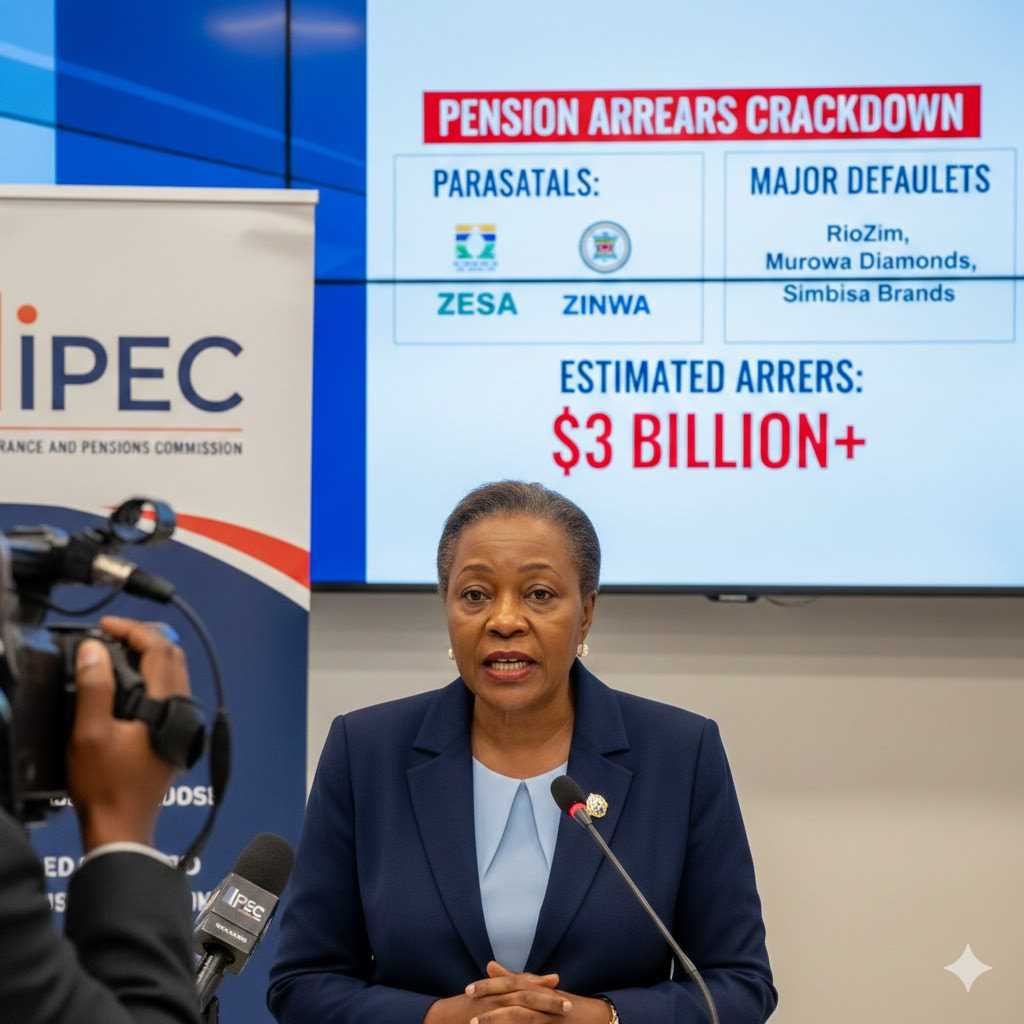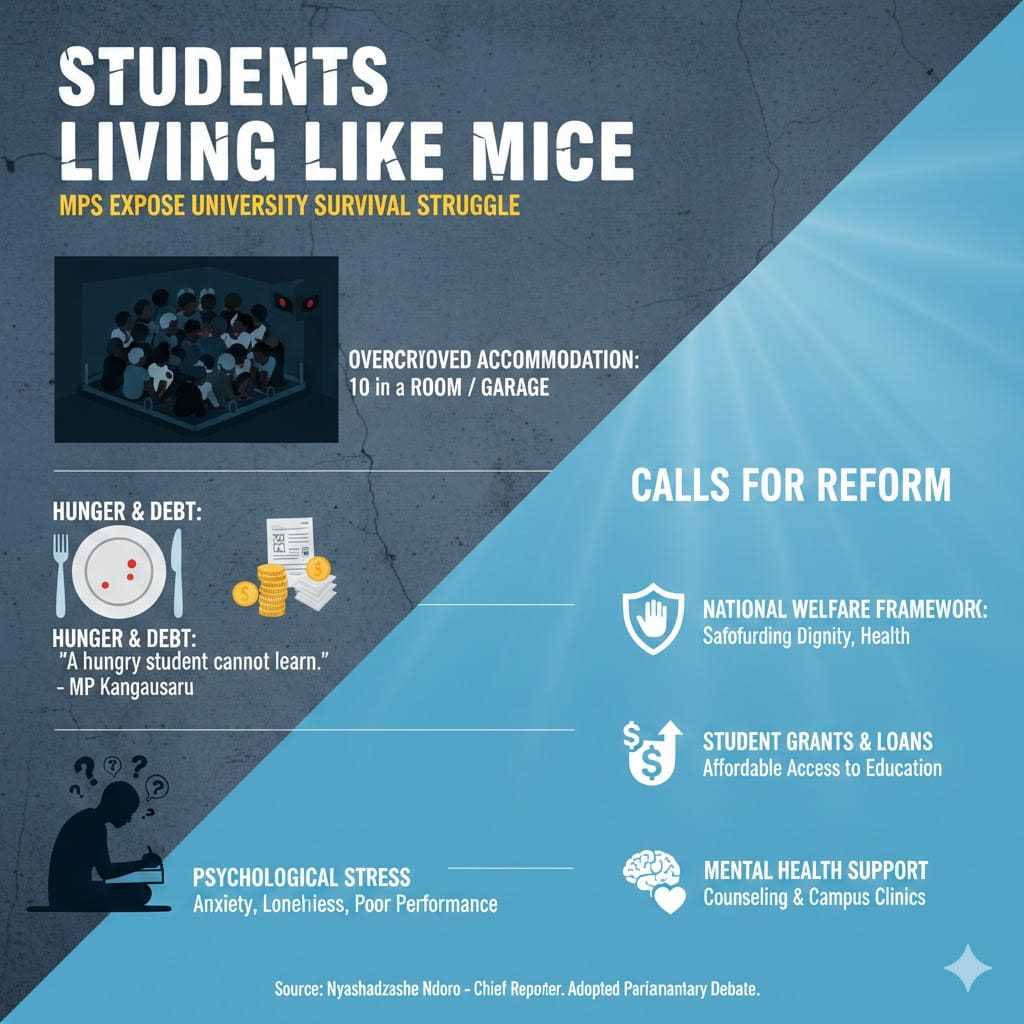
Nehemiah Chipato
As the Green Economy gears up for climate negotiations at COP28 from November 30 to 12 December in Dubai Expo City, this is a crucial year that offers a timely state-of-play as to what is at stake at COP28 and the ramifications it could have for African nationals.
The Paris Agreement spurred action towards a collective mission to limit the global temperature increase to 1.5 degrees Celcius and to act to adapt to the already existing effects of climate change.
The roadmap for COP28 is a clear plan meant to outline steps to be followed in the whole COP28 preparatory process. This roadmap covers key actions that need to be taken, timelines and milestones, as it focused on “transitioning” from ambition to action, with a dedicated Action Agenda set up to act as a framework for global negotiations for politicians and world leaders.
That is not to say that COP28 will not have implications for African nationals – quite the opposite in fact. What is decided, or left undecided, in Dubai will shape climate discourse for the next 12 months. The African nationals will have to adapt to the shifting agenda of how nations plan to avert the climate crisis and accelerate decarbonisation.
The demands for COP27 was that the next conference will need to deliver bolder action to keep 1.5 degrees in sight, avoid even greater losses and damages and accelerate a just transition to an economy that works for people and the planet. COP28 President- Designate Dr. Sultan Al Jaber has said: “To keep 1.5 within reach we must act with ‘ambition and urgency’ to reduce emissions by 43% by 2030.”
This is a tall order that requires cooperation from across the globe. As such, at Cop 27 one of the outcome was to establish a Glasgow - Sharm el Sheikh Work Programme on the Global Goal on Adaptation. The Global Goal on Adaptation is provided for under Article 7 of the Paris Agreement and is centred on enhancing adaptive capacity, strengthening resilience and reducing vulnerability to climate change. Zimbabwe and other developing countries, went to COP27 with the view to deliver an important milestone of a COP decision on establishing a framework to guide the attainment of the Global Goal on Adaptation provided for in the Paris Agreement through its work programme.
For African COP, the aim of the discussions was to capture progress made throughout 2022 and provide guidance and concrete ways forward for 2023 pursuant to coming up with a framework of the Global Goal on Adaptation. Developing country groups proposed establishing a framework that can enable the full implementation of the Paris Agreement towards achieving the GGA. On the other hand, developed countries pushed for a structural approach on the GGA.
On the other hand, developed countries pushed for a structural approach on the GGA. An adaptation framework provides for the establishment of indicators, metrics and targets for measuring collective goals towards building resilience. A structural approach would entail that the global goal on adaptation is defined through organisation of workshops and ad hoc programmes without a standard unit for measurement and comparability with other countries on progress towards adaptation.
As a common ground, Governments agreed to initiate the development of a framework for the global goal on adaptation to be undertaken through a structural approach under the Glasgow Sharm el Sheikh Work Programme on Adaptation for 2023 with the view of a framework being adopted at COP28.
Another pivotal outcome of COP27 was the establishment of a loss and damage fund, assisting vulnerable nations affected by climate-induced natural disasters
Funding could support early warning systems, disaster preparedness, and infrastructure improvements. But details on which nations will contribute and how much remain unclear.
Representatives from 24 countries will collaborate to determine contributors and distribution methods.
COP28 Presidency Announces US$4.5 Billion UAE Finance Initiative to Unlock Africa’s Clean Energy Potential
Related Stories
Announced by COP28 President-Designate, H.E. Dr. Sultan Al Jaber, during keynote address at African Climate Summit in Nairobi, the investment initiative will help unlock Africa’s clean energy potential. The initiative brings together public, private, and development capital from Abu Dhabi Fund for Development, Etihad Credit Insurance, Masdar, AMEA Power. Africa50 will act as a strategic partner to help identify initial projects and connect to local implementing entities.
The COP28 President-Designate calls on Africa leaders to set out clear long-term transition and investment plans, along with policy and regulatory frameworks to unlock commercial finance for clean energy projects.
This new initiative aligns with COP28 Presidency call for global tripling of renewable energy by 2030 and push to make finance more available, accessible and affordable.
The initiative will sit under umbrella of Etihad 7, a development platform championed by the UAE Ministry of Foreign Affairs and launched by the UAE at Abu Dhabi Sustainability Week in 2022. Etihad 7 aims to provi 100 millionn people across the African continent with clean electricity by 2035.
For African nationals, it’s timely to advocate for climate-resilient water infrastructure, agriculture, and a just transition to renewable energy. Initiatives such as the African Cities Water Adaptation Fund, Resilient Agriculture Innovations for Nature, and the Just Energy Transition Investment Plan.
African governments and stakeholders can look to make progress at this year’s COP28: Towards acclamation to the green economy, in particular, infrastructure development, green technology innovation, and skills and training.
With regard to infrastructure development, we can expect discussions at COP28 to focus on how to improve infrastructure to reduce greenhouse gas emissions. This should provide more opportunities for addressing challenges around designing and building sustainable infrastructure, combined with better resource management of water and energy builds.
Finally, COP28 has the potential to accelerate sustainable policies and actions. For African nations, meaningful change requires solidarity, collaboration, perseverance, advocacy, and strong partnerships across public and private sectors, united with nations sharing similar interests and concerns.
COP28 could shape progress across the entire green economy and sustainability spectrum as a result of climate-related projects, which will become more prominent.
Nehemiah Chipato is a member of the Zimbabwe delegation to the United Nations Framework Convention on Climate Change Conference of parties, COP 28 in Dubai, United Arab Emirates. This article was first published in the Green Economy Magazine.


















Leave Comments